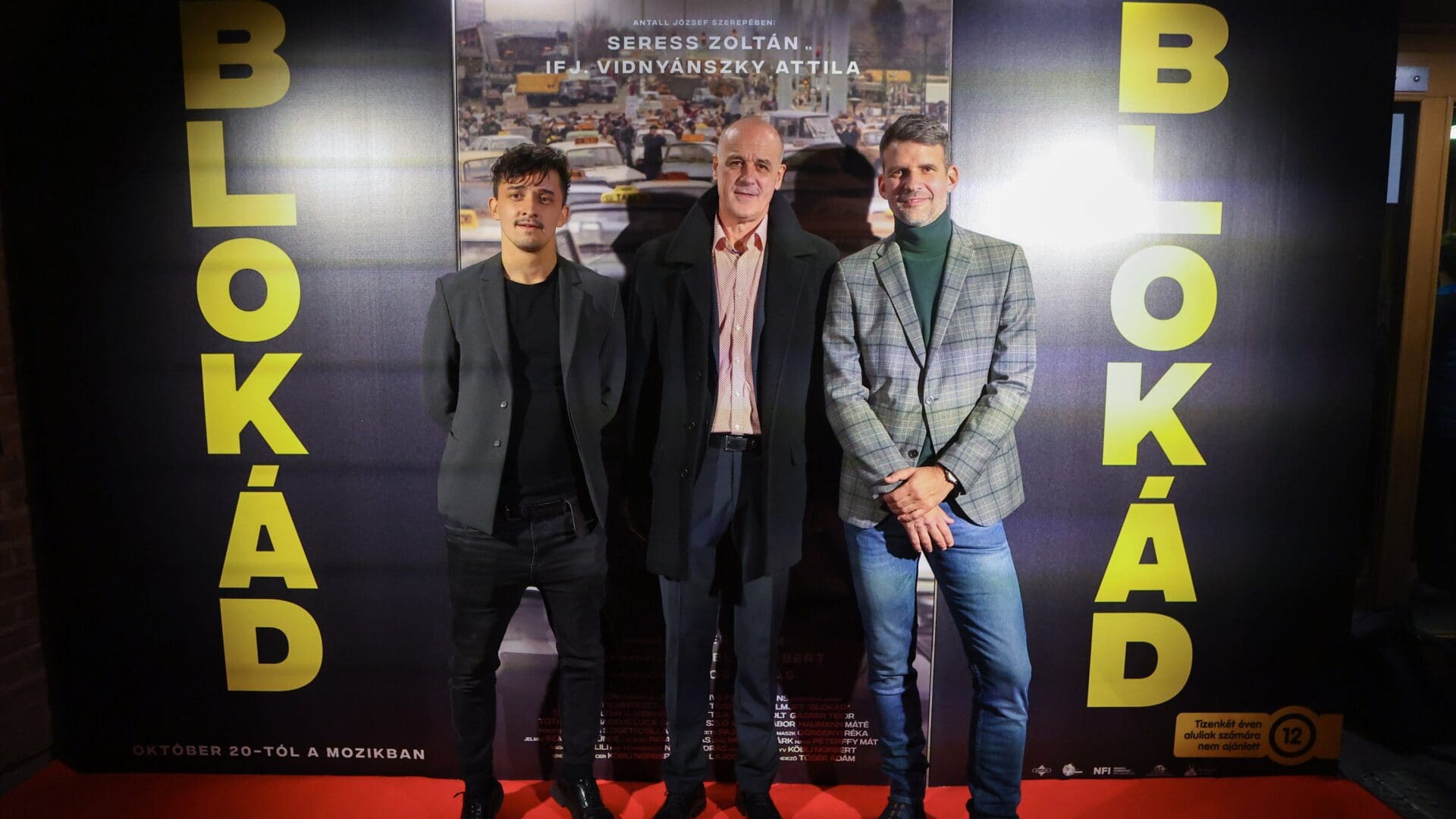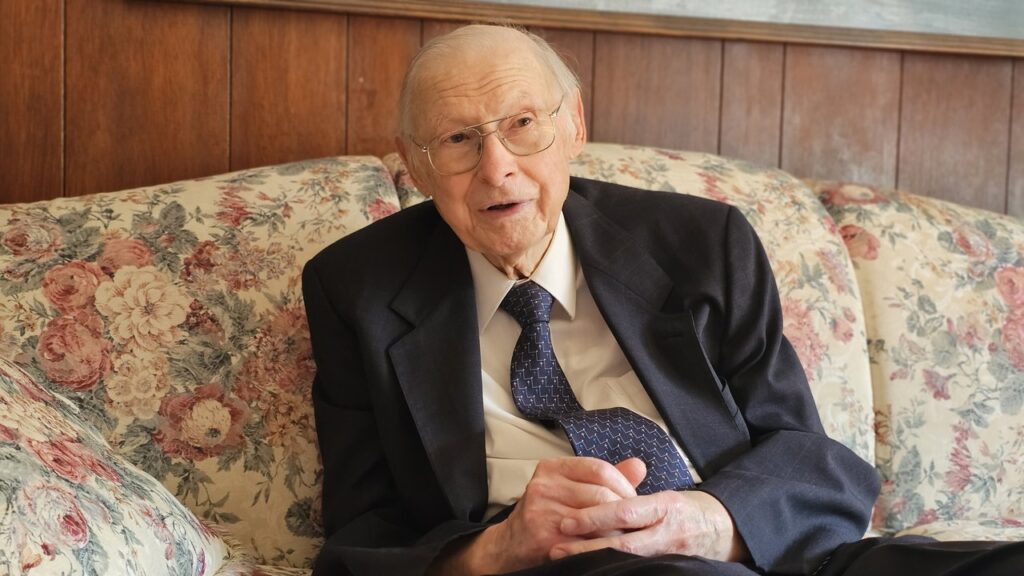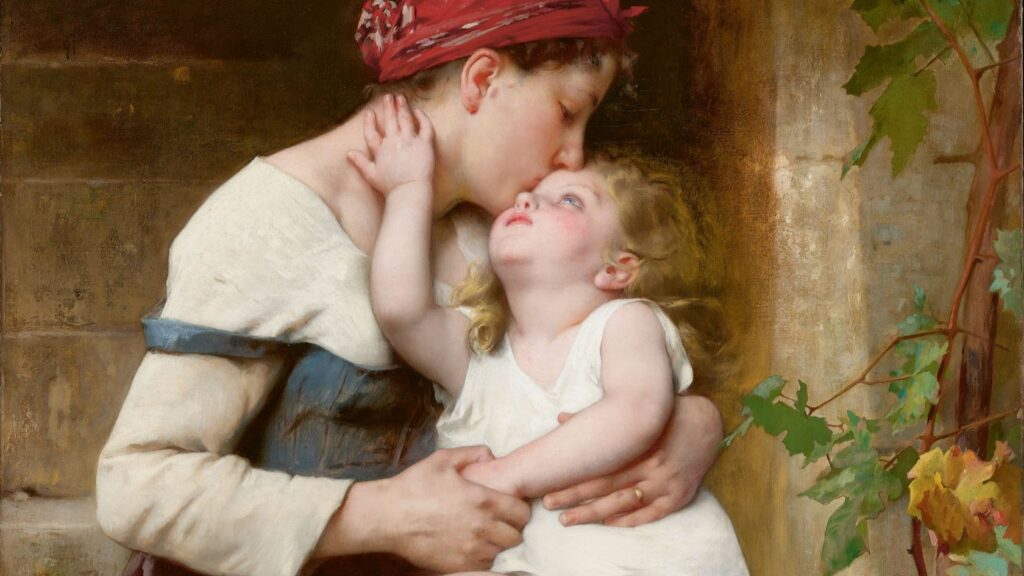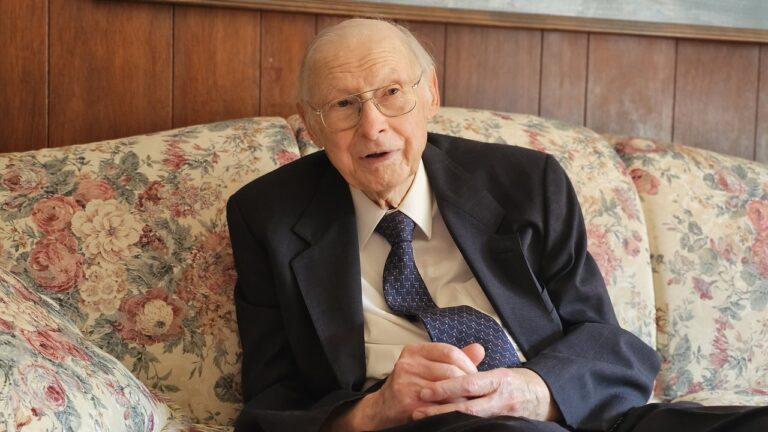When the Liszt Institute in New York recently offered the possibility to distribute the Hungarian film Blokád (Blockade) to Hungarian communities in North America for free of charge screening events, our family volunteered to organize a screening in the Scout House in Garfield, New Jersey. The film made the audience recall old memories and put the spotlight on lesser-known details about the arguably biggest crisis of the then-nascent democracy of Hungary, the taxi drivers’ blockade of October 1990.
The screening experience was boosted by a video message from Zoltán Seress, the actor who plays prime minister József Antall, the main character in the film.
As previously reviewed in detail by Hungarian Conservative, Blokád was very successful and became the most watched Hungarian drama of 2022, remaining among the ten most popular films for five weeks after its opening in cinemas. In March 2023, it was added to Netflix’s lineup and soon became the most watched Hungarian film on the streaming platform. At the annual Hungarian Film Festival in June 2023 (jointly organized by the National Film Institute and Veszprém–Balaton 2023–European Capital of Culture program office), it gained awards in seven categories: best feature film (directed by Ádám Tősér), best actor (Zoltán Seress), best supporting actress (Ildikó Tóth), best cinematographer (András Nagy), best screenwriter (Norbert Köbli), best editor (Lili Makk) and best makeup (Réka Görgényi). Very recently, in late October 2023, at the Los Angeles Hungarian Film Festival – where the movie Semmelweis, also produced by Tamás Lajos had its debut after New York – Blokád gained the award for best screenwriter. Notably, over the past decade, Norbert Köbli has become the most well-known and sought-after Hungarian contemporary screenwriter producing several award-winning drama scripts covering difficult episodes of the 20th century Hungarian history, including multiple stories revolving around various aspects of the 1956 revolution and freedom fight, the inhumane Soviet rule and more.
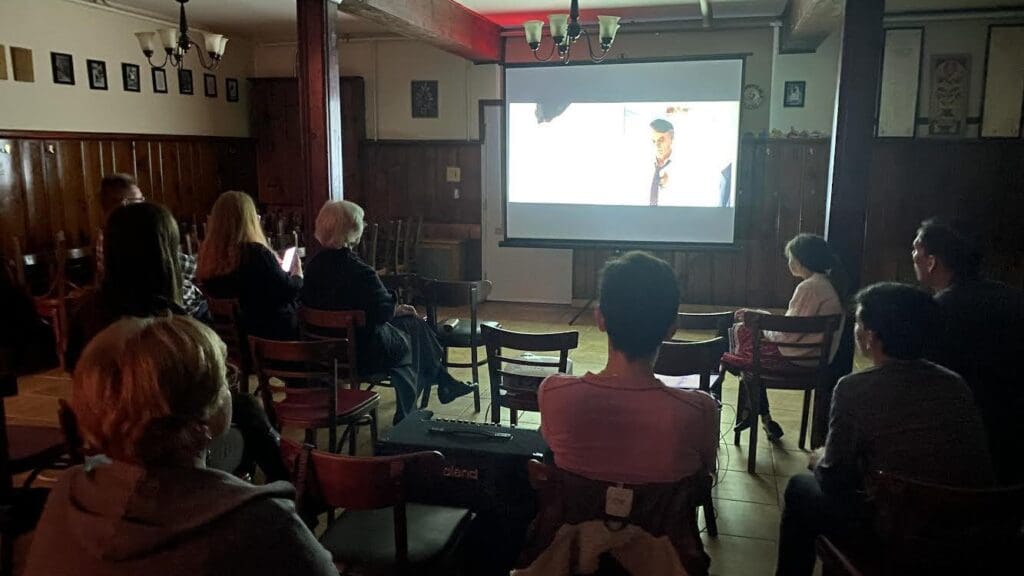
Since we moved to the US in the summer of 2022, our family did not have a chance to see Blokád in Hungarian cinemas and were enthusiastic about watching it together with a couple of our overseas friends and acquaintances. For many of them, it was probably only an interesting, but distant episode in history, because most of them simply did not live in Hungary in October 1990 and not even in those decades preceding and following the 1989–1990 regime change. They either left the country well before (in 1956 or even earlier) or were second-generation Hungarians who only occasionally visited the motherland.
The screening experience was boosted by a short video message from Zoltán Seress, the actor who plays prime minister József Antall, the main character. He sent warm greetings and highlighted the difficulty of providing a summary of essentials to such an exceptional story of those four tumultuous days with multiple layers in politics and the personal lives of the depicted characters. Opening up to the overseas viewers, he explained how much prime minister József Antall’s character affected him, both in his acting capacity as well as in his civilian life. ‘It was a gift for me to personify the former prime minister in this movie and I think it became much more than a role for me. There were several events in my life during the past 30 years that I could reassess and rethink, based on getting to know him this close due to the role I played. He was such a role model of a statesman, which affected me deeply, and helped me overcome some of the difficult days while shooting this movie.’ As he highlighted, the film is a portrayal of an exceptional statesman ‘who tried to save the functioning of the blossoming Hungarian democracy. He was not thinking along actual political logic, and while life forced him several times to make political compromises, he always saw Hungary in a historical perspective, and he regarded his thoughts and actions as a duty and not as a sacrifice. His attitude helped us, Hungarians, to survive those incredibly painful years so that we still exist nowadays, have faith in ourselves and have credit with others.’ The viewers were so deeply moved by the actor’s message that they requested to watch it again right after the screening and claimed that it elevated the event to be much more than a simple screening.
But what happened between the message being rolled twice? Engaging history on the big screen. Four days of October 1990 in Budapest, when the Kremlin—without any warning or explanation—simply stopped sending oil to multiple Central European countries (probably as a show of force amidst the gradual loosening of the political and economic grip of its influence over the region). In addition, Iraq’s invasion of Kuwait a few weeks before had already made fuel prices soar globally. Antall’s government had no choice but announce massive price hikes which was met by wholesale rejection from taxi drivers who, within a matter of hours, paralyzed the country by blocking major intersections, bridges, and railroad crossings. Coincidentally, prime minister Antall was hospitalized going through an operation in anaesthesia during the first few critical hours of the blockade. Ultimately, after multiple twists and turns, he accomplished something that is hard to imagine in ‘regular’ politics: working from his hospital bed against multiple headwinds (including a hostile media, a sinister opposition party, a state president who seemed to be a puppet of the largest opposition party and his childish ambitions as well as the lack of leadership in his own government and ruling party), he reached a win-win agreement in consultation with all stakeholders.
For one and a half hours, we all became completely absorbed in those four days of Hungarian history with its political struggles as well as the personal life (including flashbacks to his youth in and around 1956) of this towering statesman. We were given an impressive and authentic illustration of and background to
those symbolic series of events which meant the first and arguably the biggest test of the strength of the young Hungarian democracy
shortly after the regime change from a Communist dictatorship. We also understood how high the stakes were for the prime minister in the middle of this turmoil: defending democracy proved to be an unutterably difficult task while struggling with his deadly illness (the lymphatic cancer which ultimately took his life three short years after the blockade).
A short discussion took place with the attendees after the screening. For those American Hungarian viewers who or whose parents escaped from Hungary after the 1956 revolution and freedom fight and waited well more than three decades for the end of communism and Soviet rule, it was a nostalgic experience to see Antall in 1956 as a young freedom fighter in some epic scenes of the revolution (e.g. at the Hungarian Radio building). In addition, to some it was also an eye-opener seeing the enormous dilemmas and difficult decision-making situations broken down on the silver screen that were torturing the Hungarian society in 1990, re-shuffling political realities and turning everyday life upside down. Some shared their own memories of those times (both from 1956 and from 1990), others mentioned that several details of the 1990 events were unknown to them, and now they have a much deeper understanding of the multiple layers of those pressing issues related to the regime change. Others highlighted the nostalgia they felt seeing old Budapest scenes as well as hearing Hungarian pop/rock music from more than 30 years ago played in the background.
We all agreed that even if similar tensions erupted elsewhere in the former Eastern bloc at the time, this film is very ‘local’, very Hungarian, and therefore might not be as appealing for the rest of the world to be nominated for or eventually winning an Oscar award. Nevertheless,
it is so far probably the most professional and authentic cinematographic account of key events of the Hungarian regime change
and thus it has earned a place in the hall of great Hungarian movies.
We also shared the opinion that although the camera shows the scenes mainly through the eyes of the prime minister, it was a good decision from the screenwriter to draw the two characters objectively, based on available historical documents and not to try to answer the dilemma: who contributed the most to the regime change, a topic that is still debated in Hungary. We valued that the movie simply tried to bring back the experience of the crisis and raised questions (to be answered by the viewers) instead of providing ready-made answers; for example: whether the blockade was indeed spontaneous or politically driven and manufactured; what was the president’s role and responsibility in the escalation of the tensions; was military force planned to be deployed as the state president stated; and the list of dilemmas goes on.
After watching Blockade, we all agreed we would wish to see more political dialogue similar to some of the key conversations in the film: political opponents, the prime minister and the state president who used to be friends decades before, talking to each other in a polite and fair manner.
Related articles:

